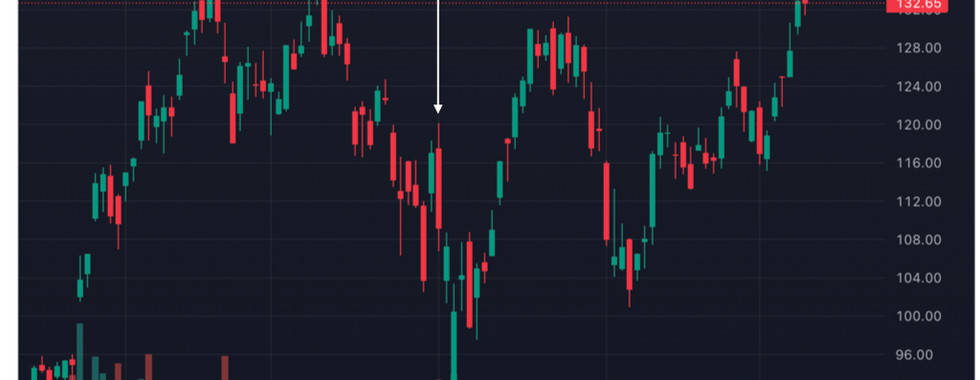Japan continues to play a major role in global financial markets. Despite the summer’s sell-off in yen carry trades, Japanese banks and investors still hold significant overseas investments.
Given the importance of overseas investment on corporate Japan’s profitability domestically, their ability to continue increasing wages for their employees at a rate higher than inflation is dependent on their ability to sell overseas and repatriate those profits back to Japan with a favorable exchange rate.
If corporate Japan’s international profitability sinks, eventually so would domestic wages and employment numbers. This would not bode well for Japan real estate prices and rents.
On October 9th, Reuters Econ World Podcast host Carmel Crimmins revisited the yen-carry trade with Chief Correspondent Leika Kihara and Finance Editor Vidya Ranganathan and explored local opinions from BOJ Governor Kazuo Ueda’s hometown.
Various asset reactions to the Bank of Japan raising interest rates 25 basis points on July 31st, 2024. Charts courtesy of Trading View.
Listen to the podcast below with key points summarized below the embed.
Key Takeaways:
Yen Carry Trade Explained: The yen carry trade is an investment strategy where traders borrow in low-interest-rate currencies (like the yen) to invest in higher-yielding assets. The Bank of Japan's (BOJ) ultra-low interest rates made this strategy highly attractive, especially in foreign exchange markets. However, this strategy becomes risky when the interest rate gap narrows or the yen's path becomes uncertain.
Impact of Market Turbulence in August: In August, market volatility hit hard, particularly in Japan, as concerns over U.S.-Japan interest rate differentials and the BOJ's unexpected rate hikes led to a market sell-off. Japan's main stock index plunged by 12%, and the scale of the yen carry trade—estimated between $100 billion and $4-5 trillion—came into sharp focus.
Japan’s Global Role as a Creditor: Japan holds an estimated $4.7 trillion in foreign portfolio investments, with about half in debt securities like U.S. Treasuries. This massive investment presence makes Japan a key player in global debt markets. Any significant unwinding of yen-funded investments could have far-reaching consequences, particularly for U.S. debt and global financial stability.
BOJ's Dilemma and Communication Challenges: The BOJ faces a delicate balancing act. On one hand, they must avoid sparking a sharp rise in bond yields, which would increase Japan's already massive public debt burden. On the other hand, if they hold rates too low for too long, they risk reigniting the yen carry trade and weakening the yen further. The BOJ’s recent communication attempts have also added to the confusion, with mixed messages about future rate hikes, both calming and exciting markets.
Uncertainty in the Yen's Future: While the interest rate gap still favors borrowing in yen, the uncertainty around the yen’s path has made the carry trade riskier. Investors are no longer assured of the yen’s steady depreciation, which had previously made the trade profitable and predictable.
Political Interference from Prime Minister Shigeru Ishiba: Prime Minister Ishiba, once a hawk advocating for higher interest rates, has taken a more dovish stance ahead of the upcoming elections. His political strategy is likely aimed at avoiding voter backlash over higher borrowing costs. This political shift complicates the BOJ’s ability to act independently, as Ishiba's comments on delaying rate hikes put the central bank in a difficult position.
Risks of Disorderly Capital Reversals: With Japan starting to raise interest rates, there’s a growing concern about a disorderly reversal of decades-long capital outflows. The BOJ must tread carefully to prevent a sudden surge in bond yields or a rapid unwinding of yen-funded investments, both of which could destabilize global markets.
Challenges for Japan’s Rural Areas: Regions like Makinohara in Shizuoka, which have struggled economically due to a declining tea industry and weak demand, are particularly vulnerable to higher interest rates. Local business owners fear that BOJ rate hikes will stifle economic recovery just as momentum starts to build.
Global Financial Market Risks: Japan’s significant holdings in U.S. Treasuries and other global investments mean that any sharp moves in the yen or bond markets could trigger broader financial instability. The collapse of U.S. tech stocks, like Nvidia, has been partially linked to the unwinding of yen carry trades, highlighting the interconnectedness of these markets.
Election Impact on BOJ Policy: The outcome of Japan’s upcoming election could further influence the BOJ’s decisions. If Ishiba’s party loses significant seats, political pressure could mount to maintain low rates, which would complicate the central bank’s plans for gradually raising rates.
Unique Timing for BOJ Policy Shifts: As the last major central bank to raise rates after years of dovish policies, the BOJ is in a precarious position. Their delayed rate hikes are likely to trigger market turbulence as global markets are moving in the opposite direction, reducing the BOJ's room for error.


















